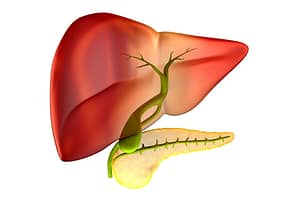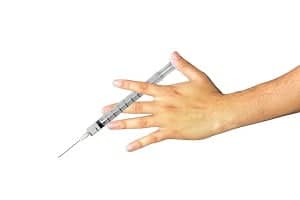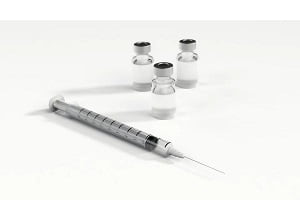Browsing: Tetanus
Clostridium tetani is a bacterium that causes tetanus infection. The bacterium enters the body via some wound caused by contaminated objects and produces toxins, which often cause painful muscle contraction. Every wound does not require tetanus vaccination if the person has undergone primary vaccination for tetanus. Children who have been vaccinated with tetanus vaccine boosters do not require tetanus vaccine after an injury for almost 20 years.
Tetanus Adverse Reactions Following Tetanus Vaccination in Some People
Tetanus is a bacterial infection caused by Clostridium tetani. The bacterium enters the body via some wound caused by contaminated objects and produces toxins that often cause painful muscle contractions. The adverse reactions of tetanus in some people post vaccination include cardiovascular complications, dermatological complications, and neurological complications. All these complications can be life-threatening if not treated on time.
Maternal and neonatal tetanus is a destructive disease caused by toxins released by the bacterium Clostridium tetani. This bacterium lives on dead and decaying matter. Babies born in unhygienic places are more susceptible to tetanus infections. Maternal and neonatal (MNT) tetanus can be prevented by following specific strategies before and after delivery. During pregnancy, women should be vaccinated with vaccine toxoids. During delivery, cleanliness should be maintained to avoid umbilical cord infections, which are among the major causes of MNTs.
How Long Does Tetanus Vaccination Prevent the Infection
Tetanus vaccine protects children and adults against the deadly tetanus disease. The vaccine protects from tetanus and provides immunity against other bacterial infections like diphtheria and whooping cough. Tetanus vaccine does not provide a lifelong immunity against the infection. Adults are suggested to get vaccinated after every ten years as the immunity against the disease starts decreasing after ten years, Children in contrast are recommended to get the booster shots if they are suspected to be infected by tetanus causing spores.







